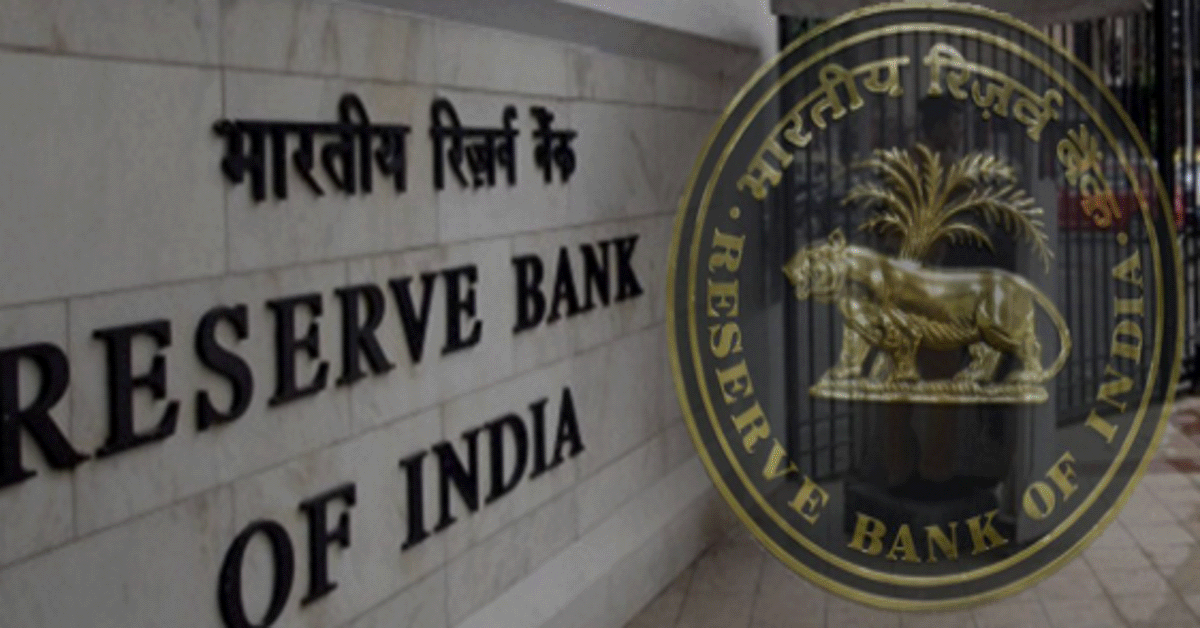The Reserve Bank of India (RBI) has introduced a new framework that simplifies the process for Foreign Portfolio Investors (FPIs) to reclassify their investments as Foreign Direct Investments (FDIs) when they exceed the 10% limit in an Indian company. This new system aims to make foreign investments in India more straightforward, encouraging more capital inflow and supporting the country’s economic growth.
The new framework allows FPIs to reclassify their investments as FDIs if their stake in an Indian company surpasses the 10% threshold of the company’s total paid-up equity capital. Previously, FPIs had to either sell the excess shares or get special permission from the RBI to hold onto them. Now, FPIs can opt for reclassification, making it a smoother process for investors.
Currently, FPIs whose investments breach the 10% limit must either divest their excess shares or reclassify the holdings to FDI within five trading days of the settlement of the trade causing the breach. The reclassification must meet the conditions set by the RBI and the Securities and Exchange Board of India (SEBI).
To convert an investment from Foreign Portfolio Investment (FPI) to Foreign Direct Investment (FDI), the FPI must follow specific procedures. First, the FPI must get approval from the Indian government for the reclassification. Additionally, it must secure consent from the Indian company in which the investment was made. The FPI is also required to follow the reporting guidelines outlined in the Foreign Exchange Management (Mode of Payment and Reporting of Non-Debt Instruments) Regulations, 2019. After completing the reporting, the FPI can request its custodian to transfer the shares from its demat account used for holding FPI investments to the demat account used for FDI holdings.
Reclassification is not allowed in sectors where FDI is restricted by the government.
The RBI’s new framework is already in effect, and FPIs can now begin the process of reclassifying their investments as FDIs, following the detailed guidelines provided. This move is expected to make India a more attractive destination for foreign capital.
The RBI’s new framework for reclassifying FPI investments to FDI simplifies the process for foreign investors, making it easier for them to invest in India. The initiative is expected to attract more foreign capital, foster economic growth, and create more job opportunities, contributing to the country’s overall development.

